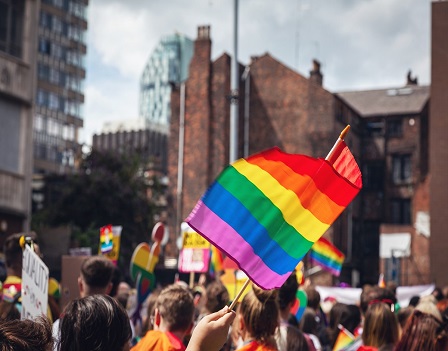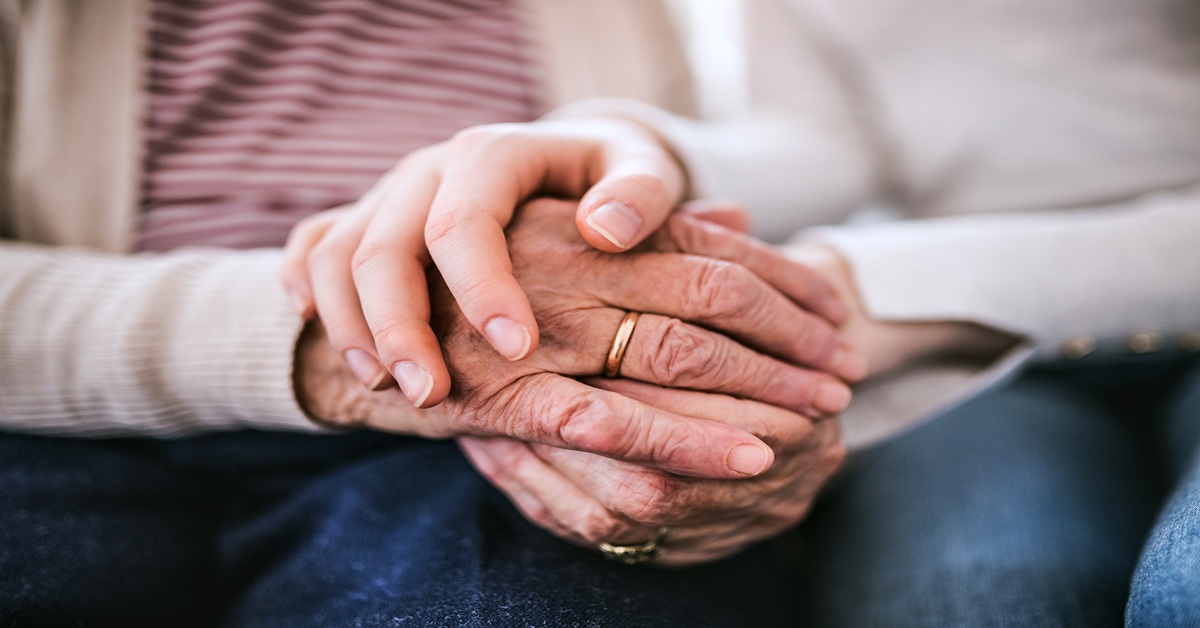
As a gay man, the financial lessons and best practices that I was taught from a young age haven’t always applied to my life. And as I look back, there have been moments where I had to figure out my path forward when I could have benefited from a guide, mentor, or advisor.
Today, I want to share some of my own experience as a way to help other people who may be walking a similar road. In doing so, I also want to acknowledge that these are my own observations, and your experience might differ from mine.
Challenges and Opportunities
I came out to my friends and family in 2017, and during the last several years, I’ve seen friends and colleagues in the LGBTQ+ community face a few common financial planning challenges. Four topics come to mind immediately, some of which I’m working through personally, as well:
- the financial considerations of family planning,
- the cash-flow considerations of city living,
- the decision to get married or remain partners, and
- the nuances of estate planning when trans loved ones are in the picture
Financial Considerations for Family Planning
As I write this, family planning is something that I’d like to consider in the next several years, and that’s required a shift in my financial plan. Throughout my life, I was told to max out my 401(k) contributions annually, and this is great advice for most single men in their 20s and 30s. In hindsight, however, it might have been smarter for me to put retirement money into an account that — unlike a 401(k) — doesn’t include early-withdrawal penalties, such as an individual brokerage account.
This approach would have actually given me the option to use these funds for retirement OR shorter-term needs, like family planning. This type of flexibility is especially important for those in the LGBTQ+ community because of the unique costs and timelines that are part of starting a family. For gay couples, the three main options are fertility treatments, adoption, and surrogacy, and each of these can cost up to $20,000, $50,000, and $200,000, respectively. In most cases, these each require cash payments, and financing is not readily available.
So, while many young couples may use their first $50,000 saved for a down payment on a home, gay couples may need this money to be put toward starting a family — and then come up with the down payment for a house after that. These additional costs, and the timing around these costs, require special financial consideration.
Big City Life
In America, big cities tend to be more accepting of the LGBTQ+ community than other parts of the country. For that reason, many people in the LGBTQ+ community prefer to call the big city home.
With this urban lifestyle comes a higher cost of living for many gay people: rent, homes, taxes, food, and staples all cost more in the city than in the suburbs. As a result, the cost of living for the average gay couple may be higher than for other couples, and even small monthly cash flow differences can compound substantially over a lifetime.
I have certainly seen this play out in my own life, and while the cost of living in the suburbs is really attractive to me, I’ll likely remain in the city for the foreseeable future. This is something that my long-term financial plan and cash-flow analysis need to account for.
Marriage Decisions
I have several friends and colleagues who have been together for 10, 20, or 30 years, and some of them are trying to determine if they should get married following the Supreme Court’s decision in 2015 to legalize same-sex marriage nationwide.
On the one hand, these couples have never been married, so why make the change? On the other hand, getting married may support key areas of their financial life, since a marriage certificate also comes with meaningful tax credits and estate planning benefits.
Getting married for financial reasons alone is never a wise decision, and only you and your partner can choose the right path. With that said, I do think it can be valuable to map out the financial implications of each path — getting married and not getting married — and use this information as just one more factor in your decision-making process.
Estate Planning
Last but not least, is the topic of estate planning when gay or transgender loved ones are in the picture. This topic is important for many people, including those outside of the LGBTQ+ community but have gay or trans family members.
If you have a child or grandchild that once identified as a woman but now identifies as a man, this change could have major implications for how your estate is handled. A legal change of gender requires special consideration, and it’s important to work with an attorney and financial advisor that understand the nuances of the law when drafting your estate documents.
This same concept holds true if you have children or grandchildren that have entered a same-sex marriage following the law change in 2015. If your estate documents haven’t been updated since 2015, it’s important to revisit these documents and ensure that your beneficiary designations are accurate.
Closing Thoughts
For many gay people, it can feel like the world wasn’t always built for them, and I know first-hand that these topics can be challenging to navigate alone. In 2021, the financial advice industry is still figuring out how to best serve me and others in the LGBTQ+ community.
It’s okay to feel uncertain about the road ahead, and I’d be lying if I said that I have answers for all of my own questions right now. But what I do know is this: it is deeply beneficial to have someone in your corner who can help you navigate these decisions — someone that understands your life, your goals, and the things that make you unique.
If you agree and are looking for a trusted advisor, I’d be honored to connect


